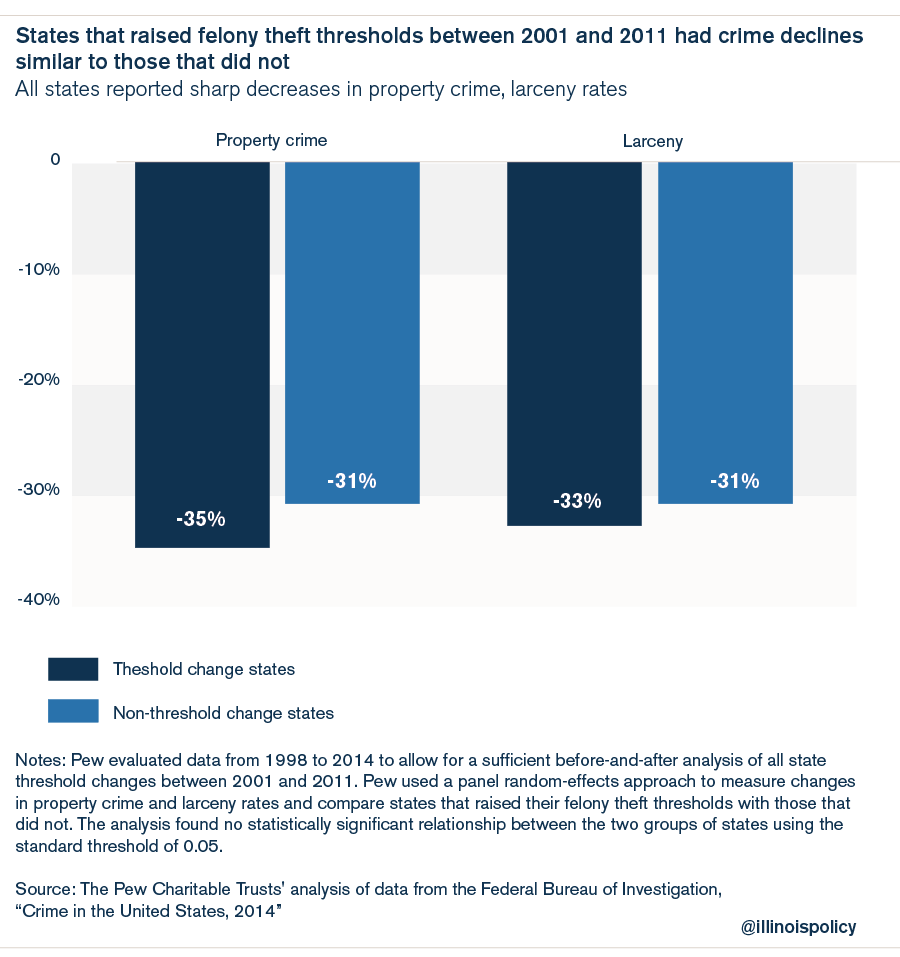How Much Money Theft Is A Felony
How Much Money Theft Is A Felony: Exploring the Legal Consequences
Money theft is a serious crime with legal consequences that vary depending on the jurisdiction and the amount of money involved. It is essential to understand the threshold at which theft becomes a felony, as it can greatly impact the severity of the punishment. In this article, we delve into the various aspects of money theft and shed light on how much money stolen is considered a felony.
Table of Contents
- Introduction
- Understanding Felony Theft Laws
- Factors Affecting Classifications
- Consequences of Felony Theft
- FAQ
- Similar Topics
Introduction
Money theft, also known as larceny or theft, occurs when a person unlawfully takes someone else's money or property without their consent. The severity of the crime depends on various factors, including the value of the stolen property or money. While petty theft involves smaller amounts and is considered a misdemeanor, theft of a higher value can escalate the crime to a felony offense.
Understanding Felony Theft Laws
Felony theft laws differ across jurisdictions, as they are governed by state or national legislation. However, several common principles guide the classification of theft as a felony:
1. Threshold Value:
One of the primary factors that determine whether theft is a felony is the monetary value of the stolen property. In most jurisdictions, a theft surpassing a specified monetary threshold is considered a felony offense. It is important to note that this threshold can vary significantly between states or countries.

Image source: www.atxbb.com
If the value of the stolen money exceeds the stipulated threshold, the crime may be subject to felony charges, carrying more severe penalties.
2. Repeat Offenses:
The frequency of theft offenses also influences the classification of the crime. Some jurisdictions consider multiple theft offenses or a pattern of theft as aggravating factors. Repeat offenders are more likely to face felony charges, even if the value of the stolen money does not exceed the threshold.
3. Aggravating Circumstances:
In certain situations, theft may be considered a felony regardless of the stolen amount. Aggravating circumstances, such as theft from a vulnerable person, a government entity, or in association with other serious crimes, can elevate the offense to a felony.

Image source: data.ibtimes.sg
These aggravating circumstances are often defined by specific laws and vary between jurisdictions. Engaging in theft activities under such circumstances may lead to severe legal consequences.
Factors Affecting Classifications
While the monetary value of stolen money is the primary factor in determining whether theft is a felony, various other factors can influence the legal classification. It is essential to understand these factors to navigate the legal system effectively:
1. Jurisdiction:
As mentioned earlier, theft laws are governed by state or national legislations, which can vary significantly. The threshold value for felony theft, as well as other key elements, may be distinct in different jurisdictions. Therefore, it is crucial to familiarize oneself with the laws specific to the area in question.
2. Aggregation of Value:
In some jurisdictions, cumulative theft over a specified duration may be considered when determining the value of stolen money. For example, if theft activities occur over multiple instances, the total value of stolen money may be aggregated to decide whether it reaches the felony threshold.
3. Value Determinations:
Determining the value of stolen money can be complex, especially when dealing with non-monetary items or goods with fluctuating prices. Legal systems have established guidelines to assess the value of stolen property, including fair market value, replacement cost, or reasonable retail value.

Image source: www.supsalv.org
It is crucial to consult legal experts who can assist in properly assessing the value of stolen money based on the specific circumstances involved.
Consequences of Felony Theft
The legal consequences of felony theft can have a significant impact on an individual's life and future. Here are some of the potential consequences:
1. Incarceration:
Felony theft convictions often result in significant prison sentences. The duration of imprisonment varies based on several factors, including the jurisdiction and the severity of the offense. In some cases, individuals convicted of felony theft may face several years of incarceration.
2. Fines:
Financial penalties or fines are commonly imposed on individuals found guilty of felony theft. The amount of the fine is typically determined by the value of the stolen money or property, as well as other aggravating factors associated with the crime.
3. Restitution:
In many jurisdictions, individuals convicted of felony theft are required to provide restitution to the victims. Restitution involves repaying the monetary value of the stolen money or property to the affected parties. Failure to comply with restitution orders can result in additional legal repercussions.
4. Criminal Record:
Felony theft convictions leave individuals with a permanent criminal record. This record can have long-term consequences, including difficulty in finding employment, obtaining loans, or securing housing. Expungement of criminal records may be possible in some cases, but it depends on the jurisdiction and specific circumstances.
5. Probation:
Depending on the jurisdiction and the nature of the offense, individuals convicted of felony theft may be subject to probation. This involves regular check-ins with a probation officer, compliance with specific conditions (e.g., avoiding additional criminal activity), and completion of community service programs.
FAQ
Q1: What is the threshold value for felony theft?
A1: The threshold value for felony theft can vary significantly between jurisdictions. It is crucial to consult the specific laws of the area in question to determine the precise monetary value that classifies theft as a felony.
Q2: Can theft of non-monetary items be considered a felony?
A2: Yes, theft of non-monetary items can also be classified as a felony. The value of such items is typically assessed based on various factors, including their fair market value or replacement cost.
Q3: Are there any defenses available for individuals charged with felony theft?
A3: Yes, individuals charged with felony theft may employ various defenses, such as lack of intent, claiming ownership, or disputing the value of the stolen money or property. It is crucial to consult legal professionals to determine the most appropriate defense strategy.
Similar Topics
Here are some related topics you might find helpful:
- Understanding the Different Types of Theft Offenses
- Exploring the Legal Consequences of Grand Larceny
- How to Safeguard Your Business Against Employee Theft
In conclusion, understanding the legal consequences of money theft and the threshold at which it becomes a felony offense is crucial. The classification of theft as a felony varies between jurisdictions and is influenced by factors such as the value of the stolen money, repeat offenses, and aggravating circumstances. The repercussions of felony theft can be severe, including incarceration, fines, restitution, and a permanent criminal record. It is essential to consult legal experts and remain aware of the laws specific to your jurisdiction to navigate the legal system effectively and avoid engaging in criminal activities.
How Much Theft Is A Felony? A Defense Attorney Explains
 Image Source : www.shouselaw.com
Image Source : www.shouselaw.com How Much Is Bail For A Felony?
 Image Source : www.atxbb.com
Image Source : www.atxbb.com How Much Money Stolen Is Considered A Felony? Exploring The Legal
 Image Source : www.supsalv.org
Image Source : www.supsalv.org GTA 5 Finance And Felony DLC: How Much Money You Need To Buy All DLC
 Image Source : www.ibtimes.sg
Image Source : www.ibtimes.sg gta felony finance dlc vehicles much
How Much Money Stolen Is Considered A Felony? Understanding The
 Image Source : www.supsalv.org
Image Source : www.supsalv.org Updating Felony Theft Laws Can Help Illinois Save Money Without Harming
 Image Source : www.illinoispolicy.org
Image Source : www.illinoispolicy.org theft felony illinois laws updating harming safety money without help public crime improve outcomes smart making rates property
How Much Money Is Considered A Felony In North Carolina?
 Image Source : www.jaysmith2000.com
Image Source : www.jaysmith2000.com Post-Pandemic Employee Fraud Expected To Increase Predict Experts
 Image Source : losspreventionmedia.com
Image Source : losspreventionmedia.com theft cash employee employees register stealing pandemic fraud post busted crime retail experts increase predict expected mayor isolation directives sharp
Updating felony theft laws can help illinois save money without harming. Gta felony finance dlc vehicles much. Gta 5 finance and felony dlc: how much money you need to buy all dlc. How much is bail for a felony?. How much money stolen is considered a felony? understanding the